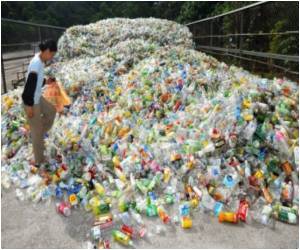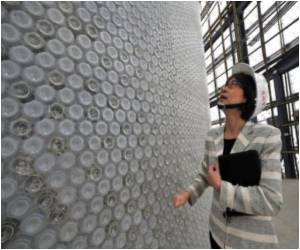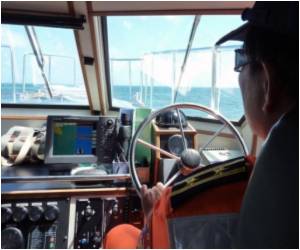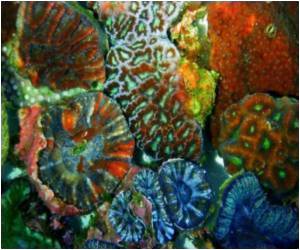Claims that the 'Great Garbage Patch' between California and Japan is twice the size of Texas are grossly exaggerated, according to an Oregon State University scientist.

"We have data that allow us to make reasonable estimates; we don't need the hyperbole. Given the observed concentration of plastic in the North Pacific, it is simply inaccurate to state that plastic outweighs plankton, or that we have observed an exponential increase in plastic," she added.
White participated in an expedition solely aimed at understanding the abundance of plastic debris and the associated impact of plastic on microbial communities.
That trip showed that the hypothetically 'cohesive' plastic patch is actually less than 1 percent of the geographic size of Texas.
"The amount of plastic out there isn't trivial. But using the highest concentrations ever reported by scientists produces a patch that is a small fraction of the state of Texas, not twice the size," said White.
"Is more plastic sinking out of the surface waters? Or is it being more efficiently broken down? We just don't know. But the data on hand simply do not suggest that 'plastic patches' have increased in size, said White.
Advertisement
White noted that while there is growing interest in removing plastic from the ocean, such efforts would be costly, inefficient, and may have unforeseen consequences.
Advertisement
"These small organisms are the heartbeat of the ocean. They are the foundation of healthy ocean food chains and immensely more abundant than plastic debris, " she added.
Interestingly, during a recent expedition, White discovered that photosynthetic microbes were thriving on many plastic particles, in essence confirming that plastic is prime real estate for certain microbes.
Source-ANI









